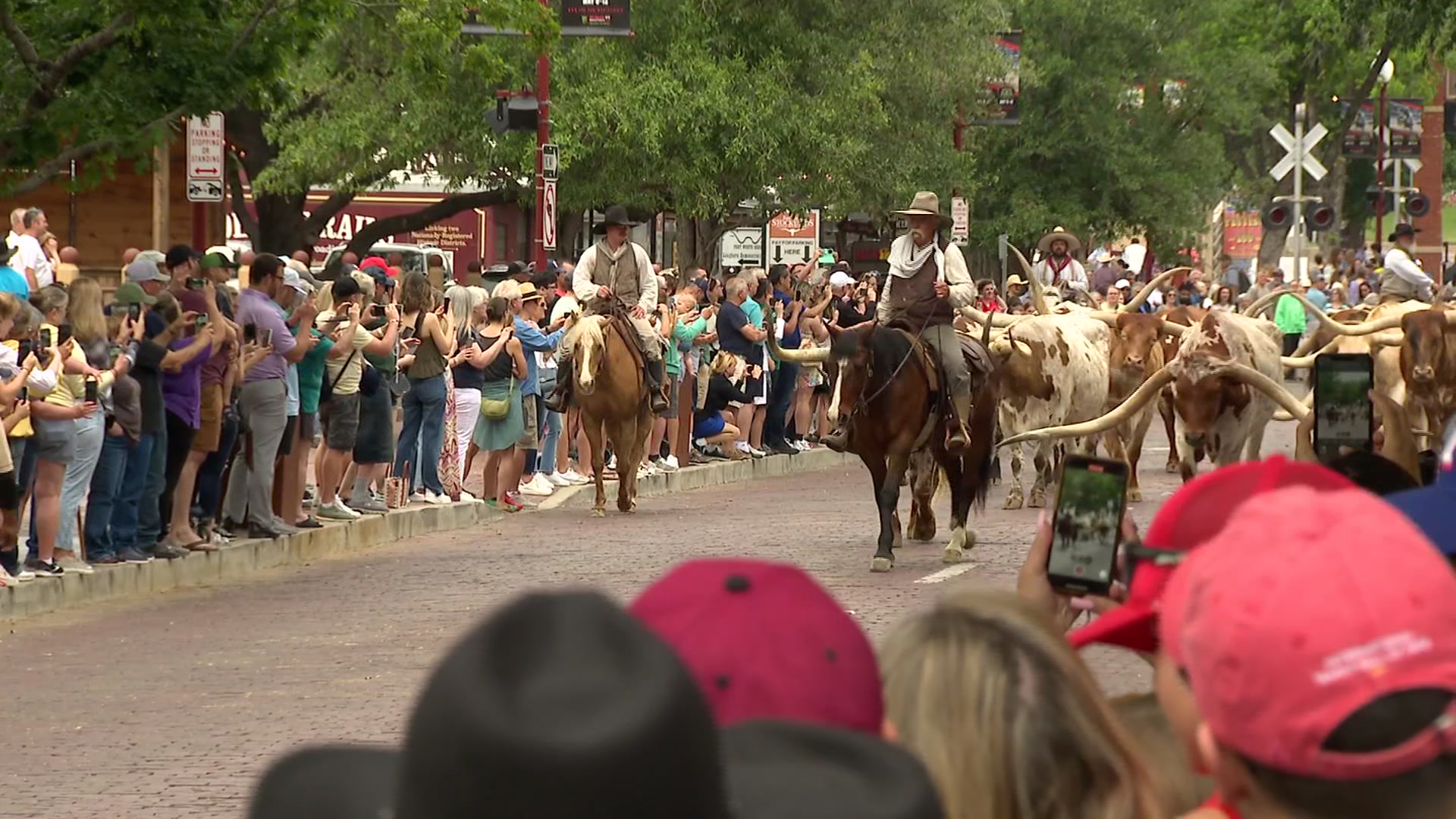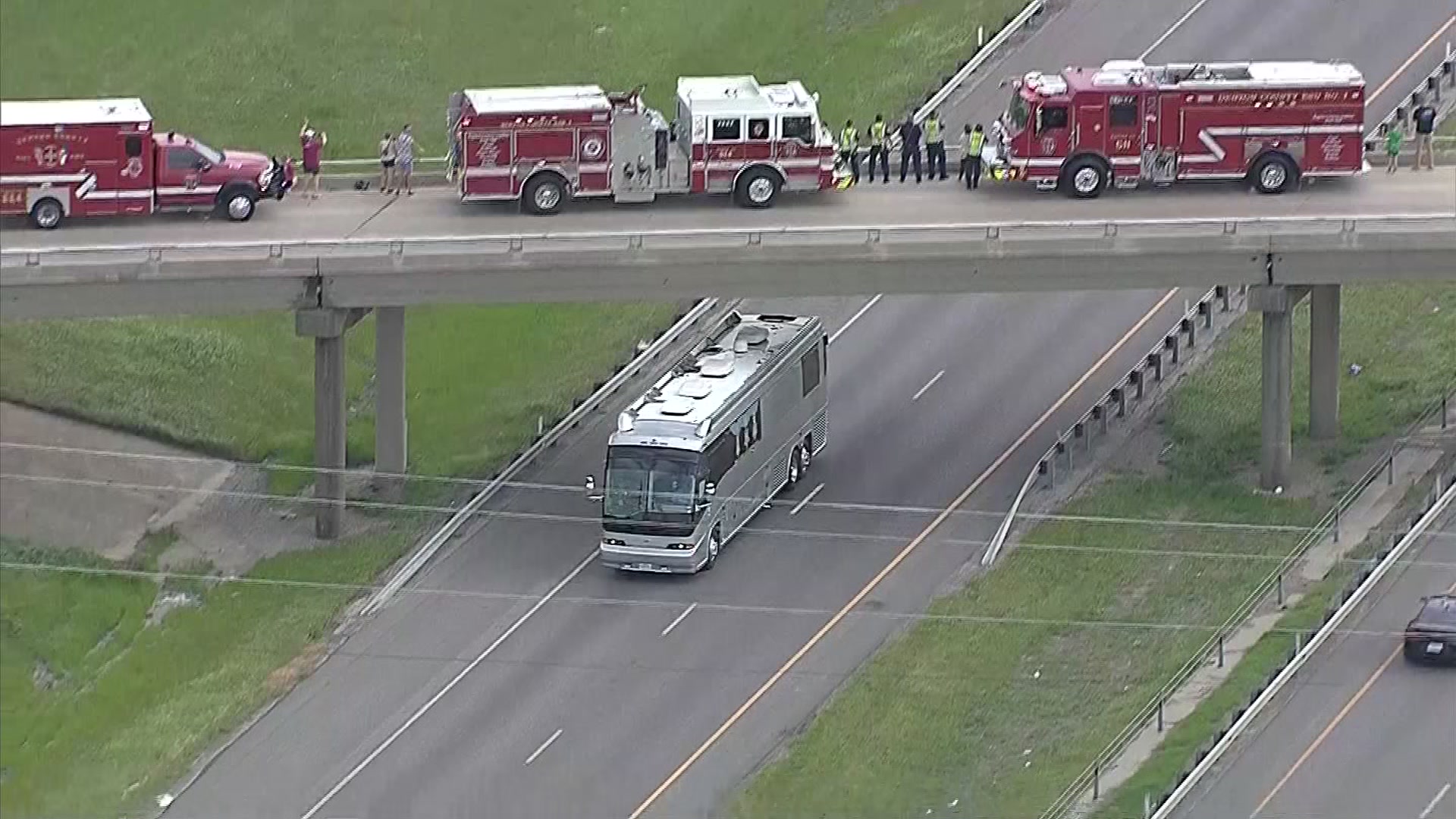Amid the nationwide controversy on Confederate monuments, Dallas Mayor Mike Rawlings Tuesday proposed appointing a task force to study the options for 90 days and report back to the Dallas City Council.
The Confederate reminders include a monument in Pioneer Cemetery beside the Dallas Convention Center and a statue of Confederate General Robert E. Lee in Uptown.
"We could just remove them," Rawlings said. "The question is how are we going to start to heal on this issue, OK? And to do that, we've got to be able to listen and talk to one another. And there's a process to do that. So, I am a big fan of moving quickly. But when there's a chance to learn from one another, I'll take that moment."
Rawlings said a group known as the "Truth, Racial Healing, and Transformation Team," along with people from the Dallas Holocaust Museum would also be invited to participate in the task force study.
Dallas Councilman Philip Kingston was leading a different approach with a request for a City Council vote sooner on a resolution opposing the monuments on public property.
"The approach that I have tried to put forward was the one that was given to me by the advocates in the community who have been talking about this issue for months," Kingston said. "We could all wind up in the same place. I'm simply trying to vindicate the request of people whom I respect who I think have the most credible voice on the issue."
The Rev. Gerald Britt with the social service agency CitySquare said Rawlings is being too cautious.
Local
The latest news from around North Texas.
"I think this is a process that doesn't take this long," Britt said. "I've been so focused on getting rid of them that I haven't thought about where they should go."
Some other people suggest a new memorial park where relocated monuments could be displayed with additional context about slavery and the issues at stake in the Civil War.
Clarence Glover, a former professor of African-American Studies at Southern Methodist University, said such an exhibit could foster a thoughtful review of cultural issues.
"I think that would be the beginning of a great day in this city and this nation, so that when our children and our children's children would come to see that symbol, that it would reflect a period of history that we struggled with, and out of which, became America. We became a better America," Glover said.
Dallas City Councilman Dwaine Caraway visited the Confederate Monument in Pioneer Cemetery Tuesday to show it to a new member of his staff.
Caraway said greater Dallas issues to him are drugs, jobs and streets repair problems.
"This is the wrong time for us to be even entertaining this issue. This issue has been here forever. These people here in this cemetery, are we supposed to disturb the graves?" Caraway asked.
If the Civil War monuments were moved, Caraway said many Dallas neighborhoods would refuse to accept them.
Instead of focusing on stone objects, Caraway said a bigger concern should be demonstrations of racism that people actively carry today.
"That is the mindset and what I think personally we ought to be dealing with that is greater than the statue," Caraway said.
Dallas resident Donald Carter visited the Robert E. Lee statue in Uptown Tuesday with his family after hearing it could be removed. He wants nothing changed.
"It's not black or white," Carter said. "To me this is part of history, and I think it's part of Texas."
All of these comments demonstrate the wide variety of emotional feelings Dallas residents have about the issue.
Dallas schools also carry names of Confederate leaders.
Rawlings said he will seek more input from Dallas City Council members before finalizing the plan he put forth Tuesday.



